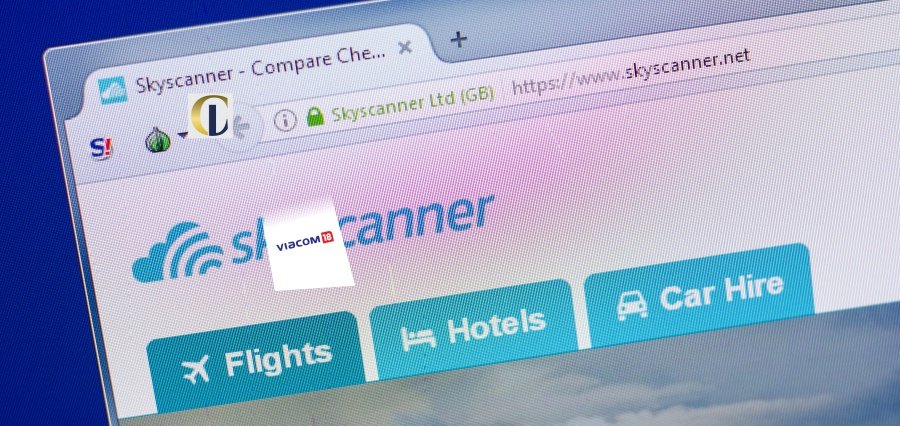We at Skyscanner, however, have a lot of interest in that market and believe India will be one among the top three revenue markets in the near future. This will be driven by the growing economy here and the growing demand for travel in this country, said Mangelaars. He further added that India is ranked in the top ten revenue markets for Skyscanner and that he believes the country has great opportunities in the field of tourism.
The CEO stressed that a number of factors contribute to the optimism: an improving infrastructure, and a young population with rising aspirations. “India’s growth is reaching a critical crossover point, with domestic travel expected to rise as consumers increasingly transition from train travel to air travel,” Mangelaars stated. He added that an increasing number of flights and new airport developments will further improve the trend.
According to recent statistics coming from travel search engine Skyscanner, searching interest among Indian tourists has increased by 27% in the last year. What’s interesting is that 66% said they will travel more internationally in 2025 in comparison to the previous year; additionally, 58% reported that they will increase the budget for flights to travel in 2025. All these statistics highlight growing affluence and a growing intent among Indian consumers to explore international destinations.
Going forward, Mangelaars sees Skyscanner’s audience in India expand more than two times and will outpace growth in the rest of the world. “In the next three years, we expect to reach the top five regarding market share in India,” he said.
However, Mangelaars emphasized that India also needs a next growth motor beyond an economy centered at service-oriented economies; government action needs to be introduced in new areas of production and increase employment opportunities and travel boom sustaining capacity.
This means that Skyscanner is strategically positioning itself to make money out of increasing travel demand as India continues to evolve economically, a gesture that cements its commitment to the Indian market.








